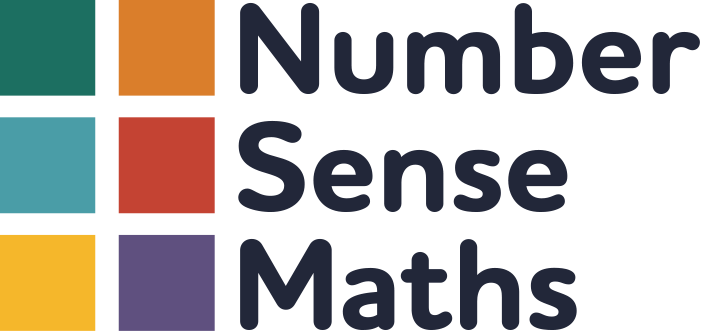Number Sense Maths Principle 9
Automatic retrieval of multiplication facts requires successful rehearsal of the facts.
Research Finding
The organisation of human memory is associative. This a strength in many situations, for example it allows us to take advantage of analogies and enables us to apply knowledge. For multiplication tables, however, it is a weakness. When trying to retrieve the result of 7 x 6, for example, it is not uncommon for our brain to activate knowledge of 7 + 6, or its near neighbours in the multiplication table such as 7 x 5, 8 x 6. Verbal memory can be used to overcome this. "Three times seven, twenty-one" can be stored alongside "Twinkle twinkle little star". Verbal memory is vast and durable and can be used to store multiplication facts for the long term. [15,23,24]
Application to Number Sense Maths
The Times Tables Fluency programme uses daily fluency sessions to introduce and practise multiplication facts. Children learn new facts as verbal sound patterns with the daily session involving oral rehearsal of facts.
References
[15] DEHAENE, S (1997,2011) The Number Sense: How the Mind Creates Mathematics. Oxford University Press
[23] ASHCRAFT, M. H. (1992) Cognitive arithmetic: A review of data and theory. Cognition, 44, 75-106
[24] CAMPBELL, J. I. D. (2004). The Handbook of Mathematical Cognition. London: Psychology Press
